Romp n' Roll Willow Grove Blog
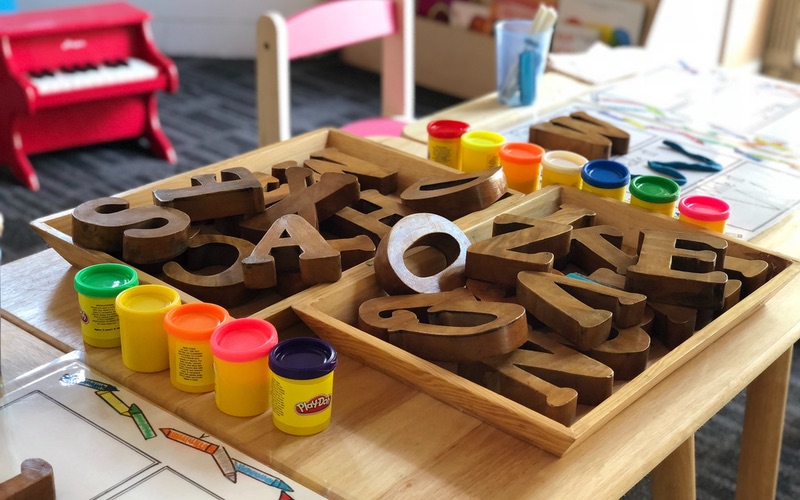
The Importance of Creative Learning
Mar 31st, 2021
Child Development, Fun & Activities, Tips
Creativity is much more than paints and markers. Encouraging children to think creatively has a multitude of benefits for healthy development and personal growth. Most school curriculums today focus on fact memorization, data, and repetition. Creative learning, on the other hand, encourages children to explore different ideas, take risks, and use their imagination. Creative learning techniques include hypothetical questions, abstract ideation, imaginative play, storytelling, and experiments.
The benefits of creative learning include:
Improved Academic Performance
Repetition and fact memorization is detrimental to learning. When teachers use these techniques, they are teaching children how to memorize, not learn. If your child memorizes facts but doesn’t understand what these facts mean or how they relate to their everyday lives, then what they have learned is not meaningful. Creative learning encourages children to fully explore topics so that they can understand them in their own ways. Understanding mathematics as numbers may be difficult for children, but counting tools and math games make these concepts accessible.
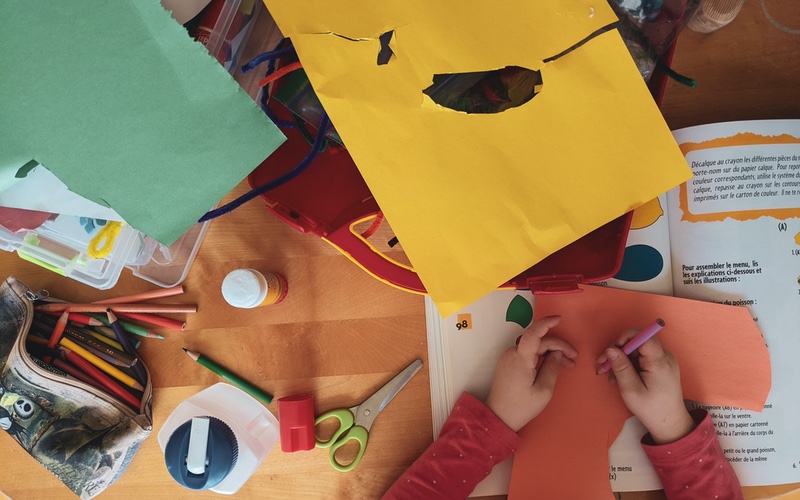
Bolstered Confidence and Self Esteem
All children learn differently and at different paces. A classroom that doesn’t utilize creative learning techniques is not an encouraging place for children that need visual or abstract lessons. Teaching with all different means and mediums gives every child a chance to excel. Creative learning is also more exciting than traditional types of learning, which encourages children to participate. A fun, engaging classroom develops confident children that are motivated to learn.
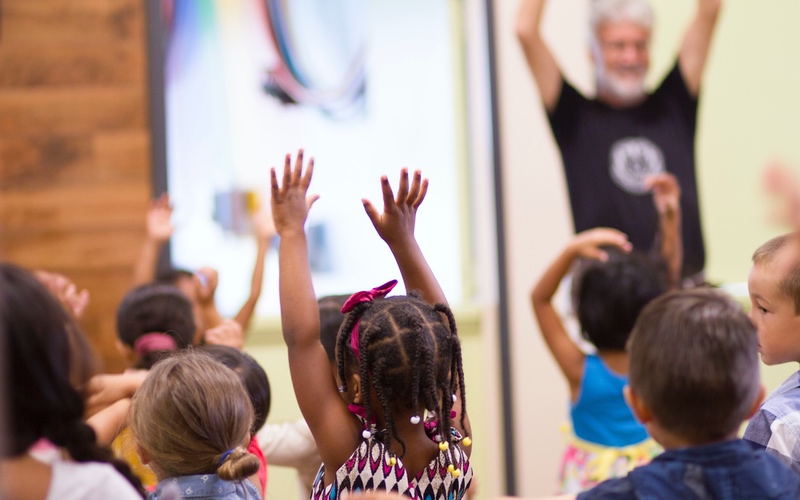
Enhanced Social Skills
Creative learning encourages group work and team building while interacting with peers teaches children how to socialize positively. Listening to others’ ideas, brainstorming together, and playing encourages children to listen, share, and build boundaries. When these skills are learned at an early age, children have better conflict resolution skills and self-control as adults.
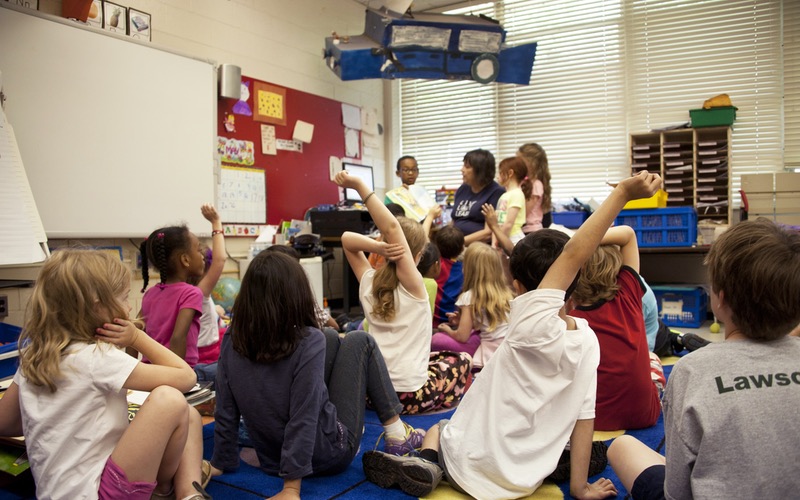
Better Communication
Many creative learning processes involve open dialogue, which teaches children how to effectively communicate. When children are given an encouraging, welcoming place to share ideas, they will build confidence and not be afraid to speak up. Thinking through concepts out loud also improves reasoning and problem-solving abilities. These are valuable communication skills that allow young children to develop healthy inter and intrapersonal skills.
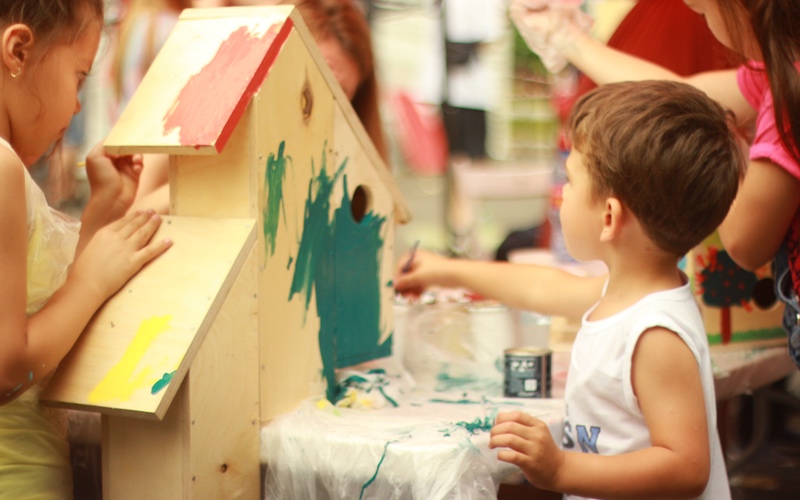
While many schools are adopting these techniques, you can bring creative learning activities into your child’s life through other avenues.
- Check out local classes for toddlers for some fun, exciting after-school activities.
- Work on an arts and crafts project with your child at home.
- Enroll your child in music or dance lessons.
- Invite friends over for a playdate and lead play with imaginative games.
- Take your child on a day trip to your local museum.
- Read books together and encourage storytelling and creative writing.
- Play with your child and encourage imaginative scenarios, allowing your child to take the lead.